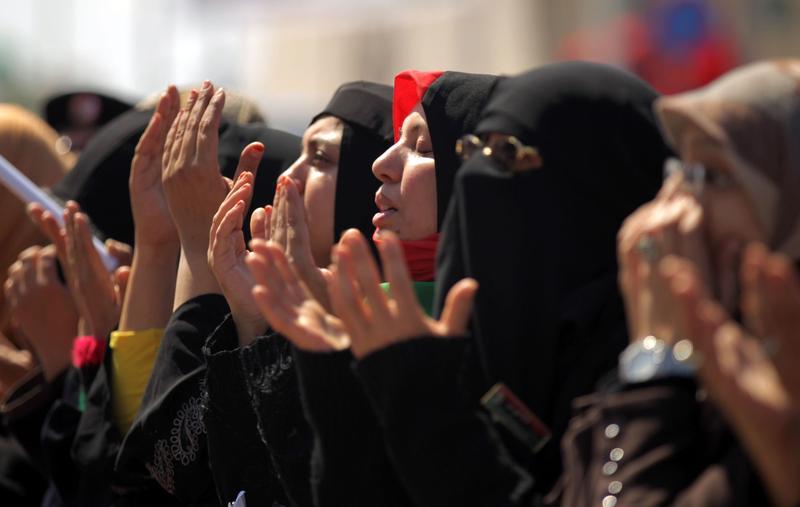
The anti-Islamic film “Innocence of Muslims” last week sparked tensions in Benghazi, Libya in an attack that killed the U.S. ambassador, and has exploded into anti-American demonstrations all over the world. The latest violent clashes were in Sydney, Australia, Afghanistan, Yemen, Egypt, Morocco, the Palestinian territories, Israel, Iran, Lebanon, Malaysia, Tunisia, Bangladesh, and there was an attack on the German Embassy in Sudan. These demonstrations have manifested a deep hatred of the United States and the West more generally.
What’s surprising in all of this was the fact that when President Barack Obama was elected there was a sense that now finally American relations with many Islamic countries would become much better. After all, President Obama made a special point to communicate with the Islamic world, holding his one of his first major foreign policy speeches in Egypt, as well as having well-documented roots in Indonesia, a predominantly Islamic country.
In the aftermath of the current unrest, Conservatives and Republicans have ridiculed Obama for pandering to anti-American forces, criticized him for being weak in defending American interests, and blamed him for the weakening of America’s role as world leader by “leading from behind,” not being more forceful, and cutting defense spending and thus weakening America’s might.
Some of those criticisms are valid - the United States clearly underestimated the strength and intentions of radical groups in Libya. The group is Ansar al-Sharia, which sympathizes with al Qaeda and appears to have a base in Derna near the Egyptian border. What now becomes a huge political issue is whether President Obama and his administration failed in his obligation to be the steward of U.S. national security and conduct robust foreign policy.
The critique will be constructed on the fact that Obama has been missing many of his national security briefings - President Obama already has a reputation of being aloof, of not listening very well even to his own party supporters notably members of Congress, so this news is particularly damaging.
Many experts - not just Obama’s detractors - have been puzzled as to why the United States encouraged the Arab Spring the Middle East and North Africa, helped with significant intelligence, logistics, weapons, diplomatic push, and even a no fly zone against Ghadafi in Libya and then seemed to lose interest. Another aspect of this is whether the intelligence agencies were actually providing a sufficiently high level of threat risk.
Even though we know that Ambassador Christopher Stevens and his embassy staff were working hard in Libya, serious questions remain as to whether, after the overthrow of dictatorships, the U.S. failed to aggressively follow-up to help in the building of civil, security, economic, and political institutions in these countries. This line of critique raises the fundamental question of whether Obama is a “competent” President. Expect to see that word to explode across your screen in SuperPAC and Romney political ads.
A more worrisome question is whether the United States will be sucked into more military engagements in dangerous countries just as we try to wrap up the war in Afghanistan. There is no American support for that.
We can almost see the finish line to the election of 2012 so all of this is a very flammable development. The question now being asked by almost every analyst and pundit is whether this unfolding crisis will become Barack Obama’s Iranian Embassy hostage crisis, which helped deprive Jimmy Carter of a second term or whether the nation will rally around the Commander-in-Chief and spike the support for Obama.
The answer, of course, won’t be clear until the third Presidential debate on October 22 at Lynn University in Boca Raton, Florida, which focuses entirely on foreign policy. And in politics the time between now and October 22 is a lifetime and the Middle East may have vanished from the news and we’ll be back to jobs and a sluggish economy.